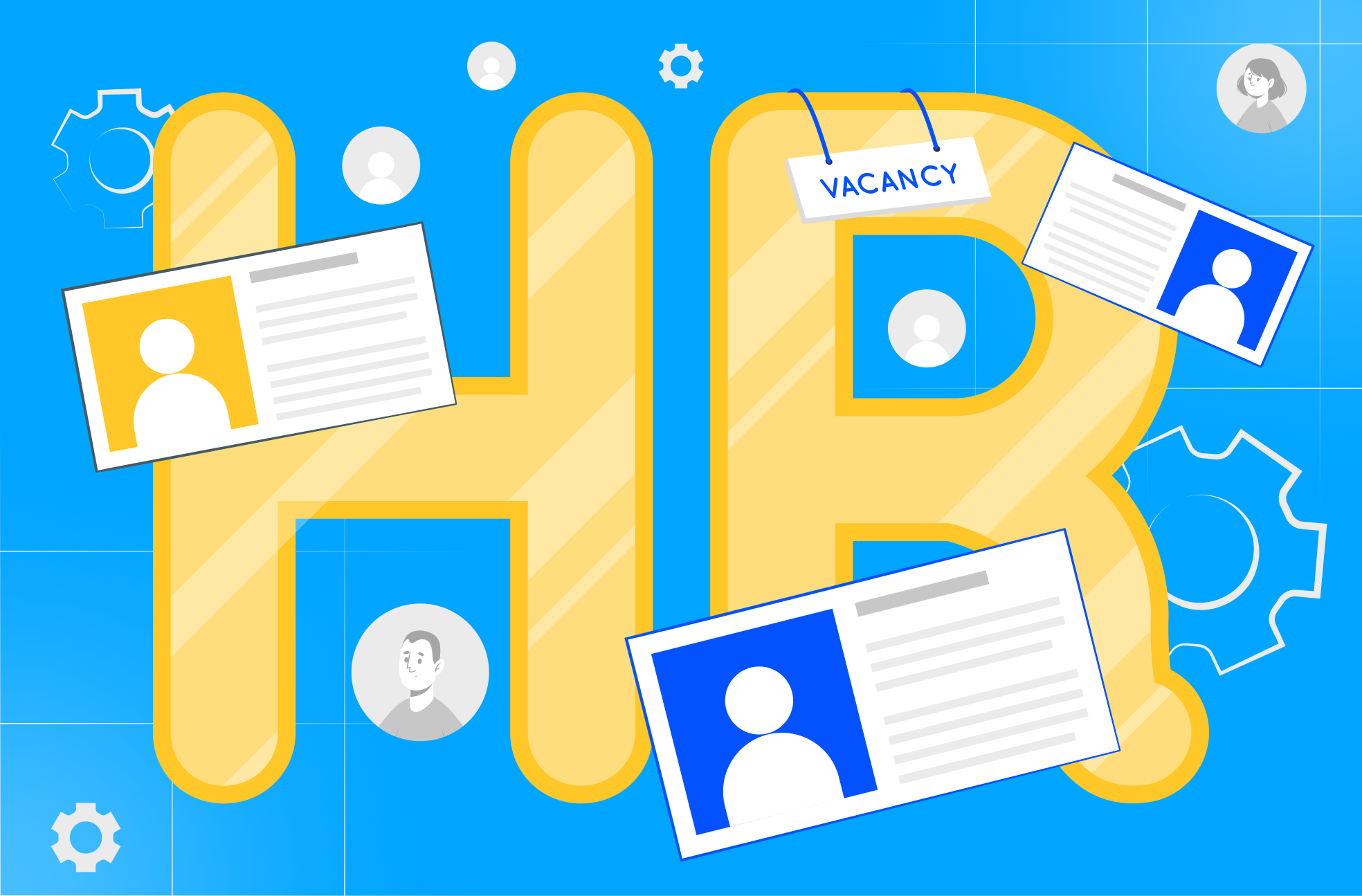ERP for HR: Automating Personnel Assessment and Career Track Planning

Let me tell you something that might surprise you. The most valuable assets in your company aren’t sitting in your bank account or warehouse – they’re walking through your office doors every morning. Your employees drive innovation, customer satisfaction, and ultimately, your bottom line. But managing these human assets effectively? That’s where many companies struggle. ERP for HR departments offers comprehensive solutions to these challenges.
Traditional HR processes often rely on gut feelings, scattered paperwork, and inconsistent evaluation methods. It’s messy, time-consuming, and frankly, not very effective. This is where modern ERP systems designed for HR functions are changing the game.
The Evolution of HR Management
Remember the days of bulky file cabinets stuffed with employee records? Or the dreaded annual review process that seemed to satisfy nobody? These approaches to human resource management are quickly becoming relics of the past.
Today’s workforce is dynamic, with employees expecting personalized development opportunities and clear career paths. Meanwhile, organizations need data-driven insights to make smart decisions about their talent. ERP for HR bridges this gap by creating a structured yet flexible system for managing people.
What Makes HR-Focused ERP Different?
At its core, an ERP system brings together various business processes into a single, unified platform. When specifically applied to human resources, these systems revolutionize how organizations assess, develop, and plan careers for their workforce.
Unlike standalone HR applications that may address only specific functions such as payroll or attendance tracking, an ERP system designed for HR connects these processes with broader organizational objectives. This seamless integration offers a clear view of human capital and its impact on overall business performance.
Automating Personnel Assessment: Beyond the Annual Review
Traditional performance evaluations often function merely as administrative requirements rather than as drivers of genuine improvement. Typically conducted annually, these reviews tend to overemphasize recent performance and rely heavily on potentially biased managerial perceptions.
ERP systems enable a more continuous, objective approach to assessment by:
- Gathering performance data consistently throughout the year from multiple sources
- Incorporating both quantitative metrics and qualitative feedback
- Standardizing evaluation criteria across departments
- Identifying performance trends before they become significant issues
- Reducing administrative burden and documentation requirements
The transition to automated assessments transforms review processes from dreaded administrative tasks to meaningful opportunities for performance discussions. The system handles data collection efficiently, allowing managers to focus on substantive coaching and development.
Career Track Planning: From Guesswork to Strategy
Career development should be neither ambiguous for employees nor burdensome for managers. Without clearly defined advancement pathways, high-performing employees may seek external opportunities, while others might fail to develop without proper guidance.
ERP systems transform career planning through:
- Skill gap analysis that precisely identifies development needs
- Succession planning tools that prepare for future leadership requirements
- Learning management integration that aligns training with career trajectories
- Talent marketplace functions that connect internal candidates with suitable opportunities
- Career simulation tools that illustrate potential advancement paths
These capabilities benefit both employees and organizations. Companies achieve strategic benefits with higher retention, smarter succession planning, and more efficient workforce management. ERP solutions for IT agencies provide specialized functionality that addresses industry-specific talent management challenges.
Tangible Benefits for Organizations
When thoughtfully implemented, HR-focused ERP systems deliver measurable results. Organizations frequently report significant reductions in turnover after implementing career path visualization tools. Many companies find that automated skill assessments help identify internal candidates for specialized roles, substantially reducing recruitment costs.
Beyond quantifiable benefits, organizations experience cultural improvements. Transparency in assessment and career planning builds trust between employees and management. Regular feedback promotes a growth mindset throughout the organization. Data-driven decisions reduce perceptions of favoritism or bias in advancement opportunities.
Implementation Considerations and Best Practices
Despite these advantages, implementing an ERP system for personnel assessment and career planning presents certain challenges. The most successful implementations typically share several essential elements:
- Executive sponsorship and transparent communication regarding objectives
- Phased implementation that accommodates user adaptation
- Thorough data preparation before migration
- Comprehensive training for HR personnel and departmental managers
- Customization that reflects the organization’s unique culture
Importantly, organizations must recognize that technology supports but does not replace the human elements of performance management and career development. The most effective systems enhance rather than eliminate personal interactions.
Future Developments in HR Automation
As artificial intelligence and machine learning technologies continue to advance, ERP systems for HR will become increasingly sophisticated. Predictive analytics may identify retention risks before employees themselves recognize their dissatisfaction. Career planning tools could incorporate external market data to suggest emerging skills for development.
Forward-thinking organizations are already exploring how these systems can support more flexible organizational structures, allowing talent to flow where needed rather than remaining confined within traditional departmental boundaries. ERP for managing remote teams in IT has become particularly relevant as workforce distribution continues to evolve globally.
The progression toward fully automated personnel assessment and career planning continues to evolve, with a clear direction: a more strategic, data-informed approach to managing an organization’s most valuable assets—its people.






